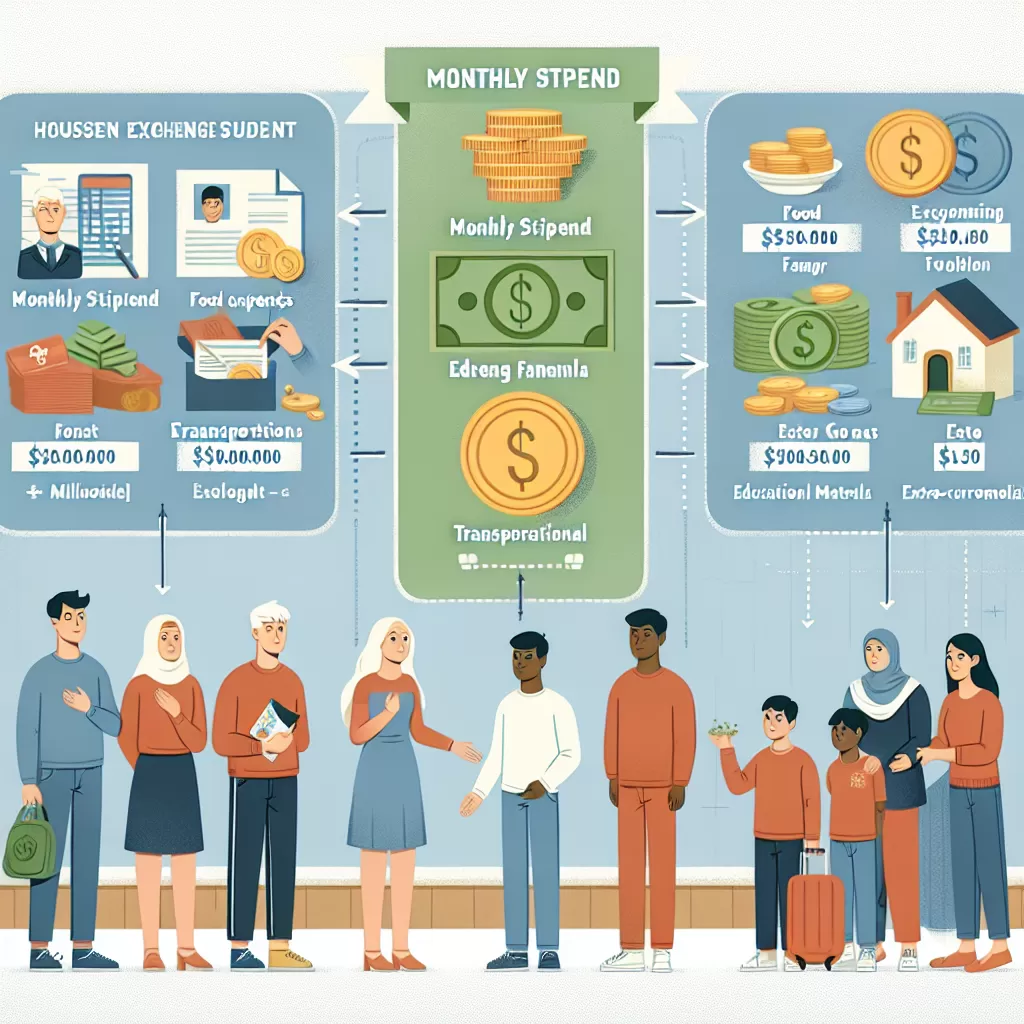How Much Do You Get Paid To House A Foreign Exchange Student
Follow Currency Mart April 10, 2024
Where to purchase Foreign Currencies?

Introduction
As the Guardian of foreign exchange, I am privy to the constantly evolving world of currency rates, international trading, and global economics. However, my understanding also extends to another aspect of foreign exchange that tends to get overlooked: housing foreign exchange students. In this article, we'll explore the monetary benefits and responsibilities tied to becoming a host family for an international student.Understanding The Concept of Host Families
Hosting a foreign exchange student offers a rich cultural experience that broadens perspectives and fosters lifelong friendships. But it also involves certain financial aspects. Host families open their homes to students from around the globe, providing them with a safe living environment while they pursue their studies abroad. These families are typically compensated for their hospitality, but the amount they receive can vary depending on several factors.The Monetary Compensation Received
The exact payment for housing a foreign exchange student varies greatly depending on the agency or program, the student's country of origin, and the host country. The stipend helps cover costs such as providing meals, occasional transportation, and a private or semi-private room for the student. On average, host families may receive about $600 to $1000 per month in cities like Toronto or Vancouver. However, in other regions such as small towns or rural areas, that figure may range from about $500 to $900 monthly.Role of Exchange Programs and Organizations
Several organizations help facilitate these exchange programs, each with their payment structures. Some offer a fixed monthly stipend; others may provide a tax deduction for expenses incurred while hosting. Before signing on with an organization or program, it's essential to clearly understand the financial logistics, including payment schedules, insurance implications, and whether there will be compensation for holidays and school vacations.The Potential for Non-Monetary Rewards
While the financial compensation is undeniably appealing, it's crucial not to overlook the non-monetary benefits of hosting a foreign exchange student. These experiences help foster global understanding, allow host families to learn about different cultures, sometimes provide an opportunity to learn or practice a foreign language, and often lead to lasting friendships and connections worldwide.Understanding Taxes and Implications
When considering hosting a foreign exchange student, understanding the tax implications is a vital aspect. Most agencies that organize these programs inform host families about any tax responsibilities tied to the stipend. It may be treated as a reimbursement for expenses, which would not generally be taxable, rather than as taxable income. However, tax laws differ between countries, so consulting with a tax professional is advised.Conclusion
Finding the answer to "How much do you get paid to house a foreign exchange student?" is not a straightforward task as the compensation varies by factors like location, agency, and duration. However, the experience comes with not just a monetary reward, but also numerous non-tangible benefits that enrich the cultural and social experience of every member in the host family.
Where to purchase Foreign Currencies?